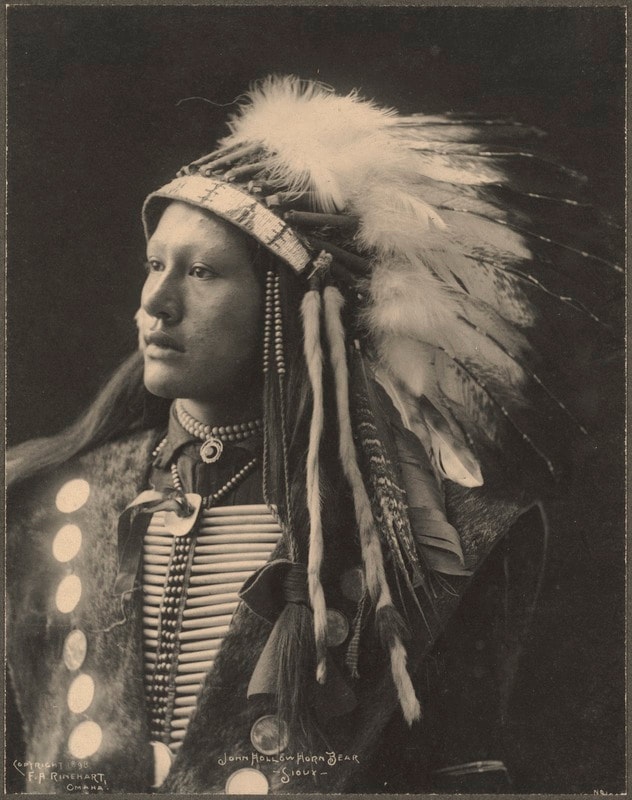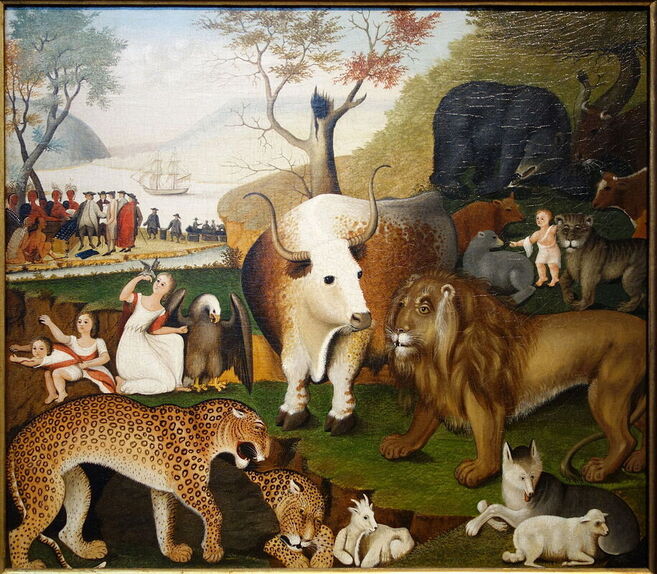|
This week, we will discuss the lament of creation. We’re going to move away from thinking about people. Instead, we will think of things like plants, animals, and even the earth. Before we begin, think about your answers to the following questions. What are the places in creation that call you to praise God? Is there one place in particular, over all others, you want to go? When I thought about this question, I was reminded of Rev. Mason’s recent sermon on The Thin Place (which you can watch here). The big idea was that some places can make you feel closer to God. Those places are the thin places. Remember, we lament things that are not within our control. In the same way, creation is not suffering because of anything it has done. The source of creation’s suffering is humanity and human failings. Our study says that the first lament of nature was the blood-soaked ground crying out after the murder of Abel (Genesis 4:10-12). Our first scripture for this week is Isaiah 24:4-6, 8, 19. Click on the scripture, and the passage will open for you to read in a new window. Our book notes that the Hebrew that has been translated “dries up” can also be translated mourns. This would give us a first line: The earth mourns and withers What is the source of the problems? Why is the earth mourning? The inhabitants who, “have transgressed laws, violated the statues, broken the everlasting covenant.” So now, a curse devours the earth, and everything is destroyed. In the context of Isaiah, this would be due to Israelites breaking God’s covenant. Our second scripture for this week is Romans 8:19-23. Again, clicking on the scripture will open the passage in a new window for you to read. Consider the fall from the Garden of Eden. After Adam and Eve ate fruit from the tree of knowledge of good and evil, they are punished by having to work the land, and having pain in childbirth (Genesis 3:16-19). We usually do think of the fall as punishment, and perhaps original sin. But, we can also think of this same event as creation being cursed, even though it had not done anything wrong. The passage of Pauls’ letter to the Romans that we’ve read is using that imagery as the whole of creation in pain. Groaning in the pains of childbirth. In this case, creation is waiting for redemption after being cursed. The coming of Christ will redeem creation and humankind. Right now, we think of the world as fallen. Not just us humans, but the whole of creation is part of a fallen world. Part of being in this fallen world is lamenting it. After all, we can’t make the whole thing un-fallen. But the good news is that God listens to the lament, to the groaning. Then He responds. Let’s think about the fallen world from the point of view of the rest of creation, not the humans. Here is a lament for creation, attributed to John Hollow Horn, or Hollow Horn Bear, of the Oglala Lakota people: What situations in the natural world call you to lament? While not a Biblical lament, this lament does bring a sharp point to us. When we first started learning about Biblical lament, we saw that lamentation is for something out of our control, while repentance is for something within our control. We might think about our role as stewards of the planet and its resources. Can humans rightly lament with creation? Can we protest to God? We might also ask, what will a redeemed creation look like? Isaiah describes this in what is called the Peaceable Kingdom (Isaiah 11:6-9). The earth will be full of knowledge of the Lord. Relationships among animals and humanity are lived with integrity. Shalom, peace, in its sense of wholeness covers all of creation. Edward Hicks. The Peaceable Kingdom (c. 1846). Practice: Writing a Lament In this lament, we will be writing from the perspective of part of creation. Choose an element of creation, or a creation-related issue. This could be animal, a plant, mountains, pollution, anything. Some of the common elements of Biblical lament that you may want to include are:
As you think about what to write, also consider how they might address God. What requests will they make? You may also want to think about the idea of the peaceable kingdom. What might a natural enemy be to make peace with?
As you are comfortable, you may share all or part of your lament in the comments of this study. Prayer Creator God, when you made this world, you knew it was good. May we be stewards of your creation in such a way that everyone may see its goodness, now and into the future. Amen.
0 Comments
Leave a Reply. |
AuthorWe are a small, rural Presbyterian church in southwestern Pennsylvania. Archives
July 2024
Categories
All
|



 RSS Feed
RSS Feed